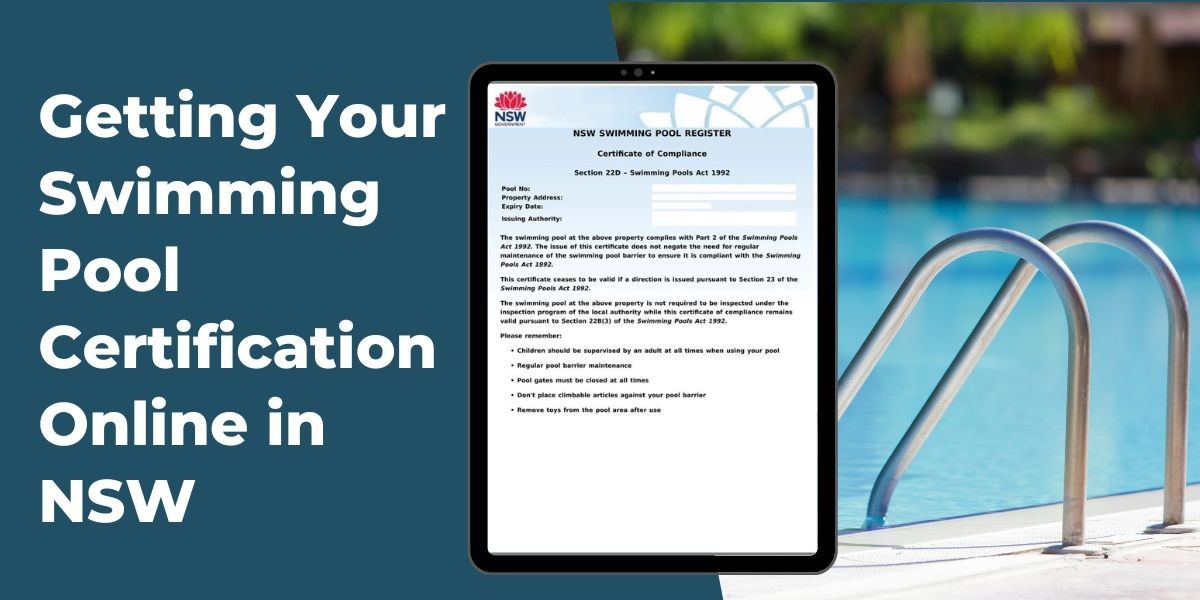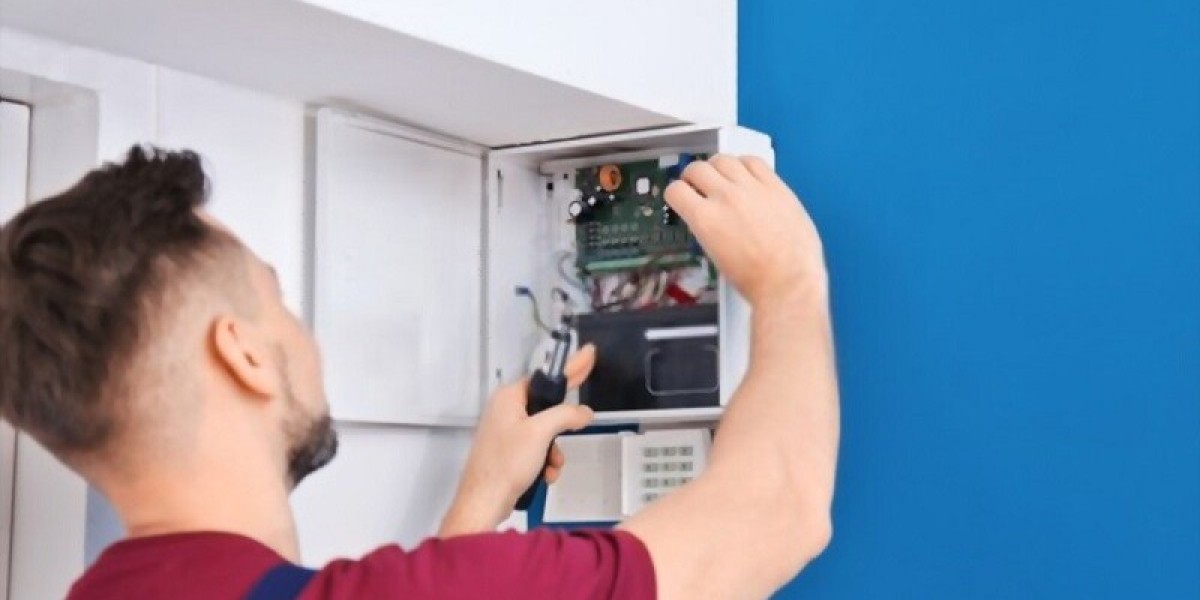A pool inspection is a thorough examination of a swimming pool and its surrounding area to assess its safety, functionality, and compliance with local regulations. This type of inspection can be conducted for various reasons, including before a property sale, as part of routine maintenance, or to address safety concerns. Here is an overview of what a typical pool inspection may involve:
Visual Pool Inspection:
The inspector begins with a visual examination of the pool and its components. This includes looking for cracks or damage to the pool shell, loose or missing tiles, and any signs of leaks.
Pool Equipment Inspection:
The inspector checks the pool equipment, such as the pump, filter, and heater, to ensure they are functioning correctly. They may also look for signs of wear and tear and assess the overall condition of these components.
Safety Features Inspection:
Safety is a crucial aspect of pool inspections. The inspector checks for the presence and proper functioning of safety features such as fencing, gates, and pool covers. They ensure that these elements comply with local safety codes and regulations.
Water Quality Inspection:
The inspector may test the pool water to check for proper chemical balance. This includes pH levels, chlorine or other sanitizers, and water clarity. Imbalanced water chemistry can lead to health and maintenance issues.
Deck and Surroundings:
The area surrounding the pool is also inspected. The inspector looks for tripping hazards, damaged or deteriorating decking or coping, and proper drainage to prevent water runoff issues.
Electrical Safety Inspection:
If the pool has lighting or electrical components (e.g., pool lights), the inspector ensures they are properly installed and in good working condition. Safety measures related to electrical systems are checked.
Plumbing Inspection:
The pool's plumbing system is examined for leaks, blockages, or any other issues that may affect the pool's circulation and filtration.
Pool Inspection Documentation:
The inspector may review documentation related to the pool, such as permits, maintenance records, and safety compliance certificates. This can help ensure that the pool has been properly maintained and meets local regulations.
Recommendations:
After the inspection is complete, the inspector typically provides a report detailing their findings. This report may include recommendations for necessary repairs, maintenance, or upgrades to bring the pool up to code or ensure its safe operation.
Repairs or Improvements Cost Estimates:
In some cases, the inspector may provide estimates for the cost of repairs or improvements needed based on their findings.
It's important to note that the specific requirements for a pool inspection can vary by location and the purpose of the inspection. If you're planning to have a pool inspection done, it's a good idea to check with local authorities or hire a qualified inspector who is knowledgeable about the regulations and requirements in your area. Additionally, if you're buying or selling a property with a pool, a pool inspection can be an important step in the real estate transaction process.







